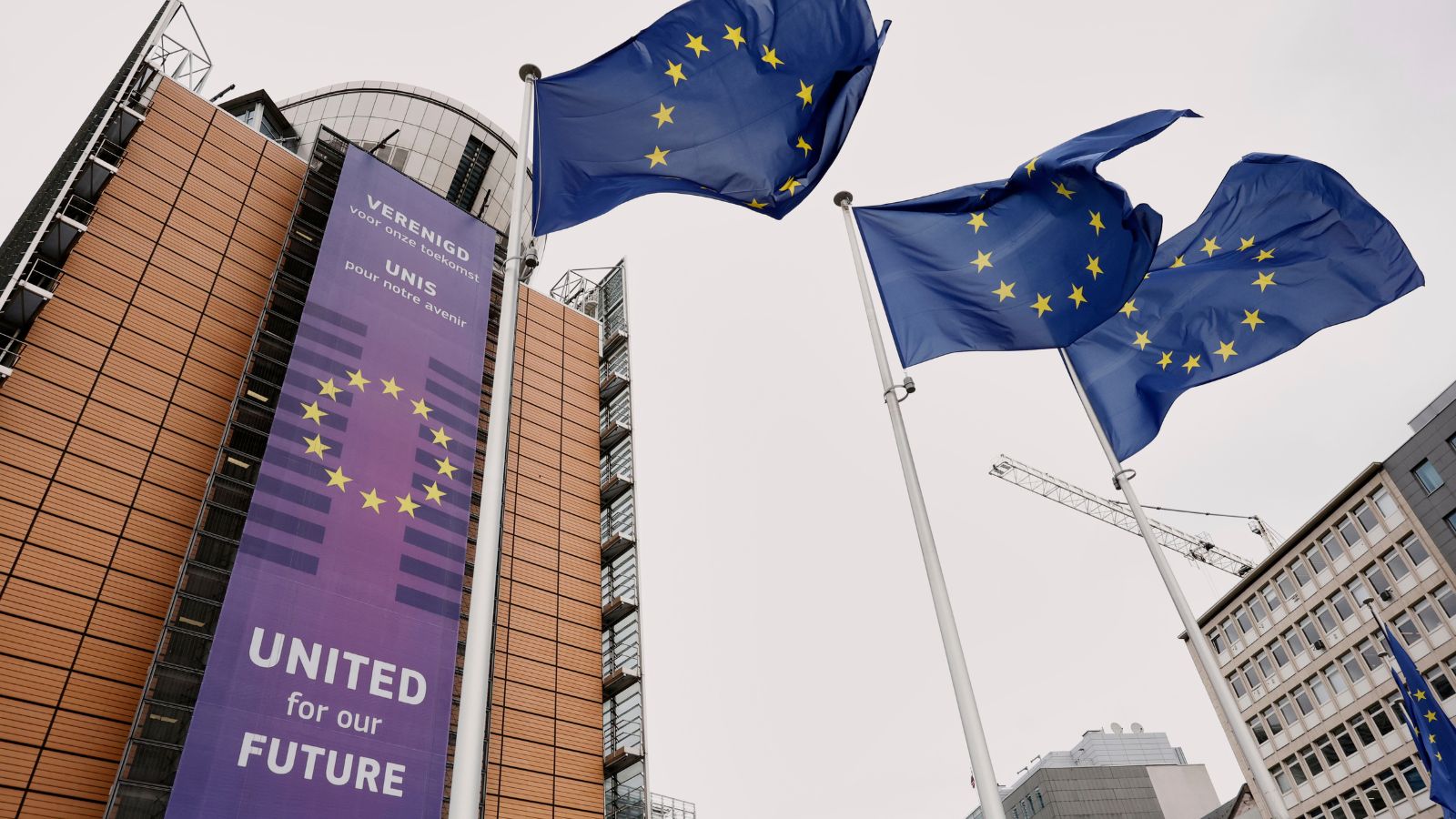The European Commission said it is ready to impose countermeasures in response to US President Donald Trump’s decision to double tariffs on imported steel and aluminum. The move is set to take effect on June 4.
The tariff hike — from 25% to 50% — was announced on Friday during Trump’s speech near Pittsburgh, where he promoted a $14.9 billion deal between Nippon Steel and US Steel as a win for domestic jobs. The president later clarified on social media that the higher rate would apply to both steel and aluminum imports.
EU condemned the decision, saying it jeopardises negotiations. A spokesperson for the European Commission called it a step that “undermines ongoing efforts to reach a negotiated solution.”
Story continues below this ad
The spokesperson added, “This decision adds further uncertainty to the global economy and increases costs for consumers and businesses on both sides of the Atlantic.”
The Commission stressed that it had paused retaliatory action earlier to allow for continued dialogue, but warned that preparations for expanded countermeasures are now underway.
“If no mutually acceptable solution is reached, both existing and additional EU measures will automatically take effect on 14 July — or earlier, if circumstances require,” the official said.
Global backlash from allies
The planned US tariff hike has sparked sharp criticism from international trade partners. Canada’s Chamber of Commerce called the move “antithetical to North American economic security.”
Story continues below this ad
Candace Laing, president of the chamber said, “Unwinding the efficient, competitive and reliable cross-border supply chains like we have in steel and aluminum comes at a great cost to both countries.”
Canada’s United Steelworkers union echoed that sentiment, describing the decision as a direct attack on Canadian industries and workers.
Australia, another US ally, also condemned the measure. Trade Minister Don Farrell said the move was “unjustified and not the act of a friend.”
The US remains the world’s largest steel importer outside the EU, having imported 26.2 million tons in 2024, according to the Department of Commerce. Analysts warn that the increased tariffs will likely drive up domestic prices for both steel and aluminum, raising costs for manufacturers and consumers.
(With inputs from Reuters)


